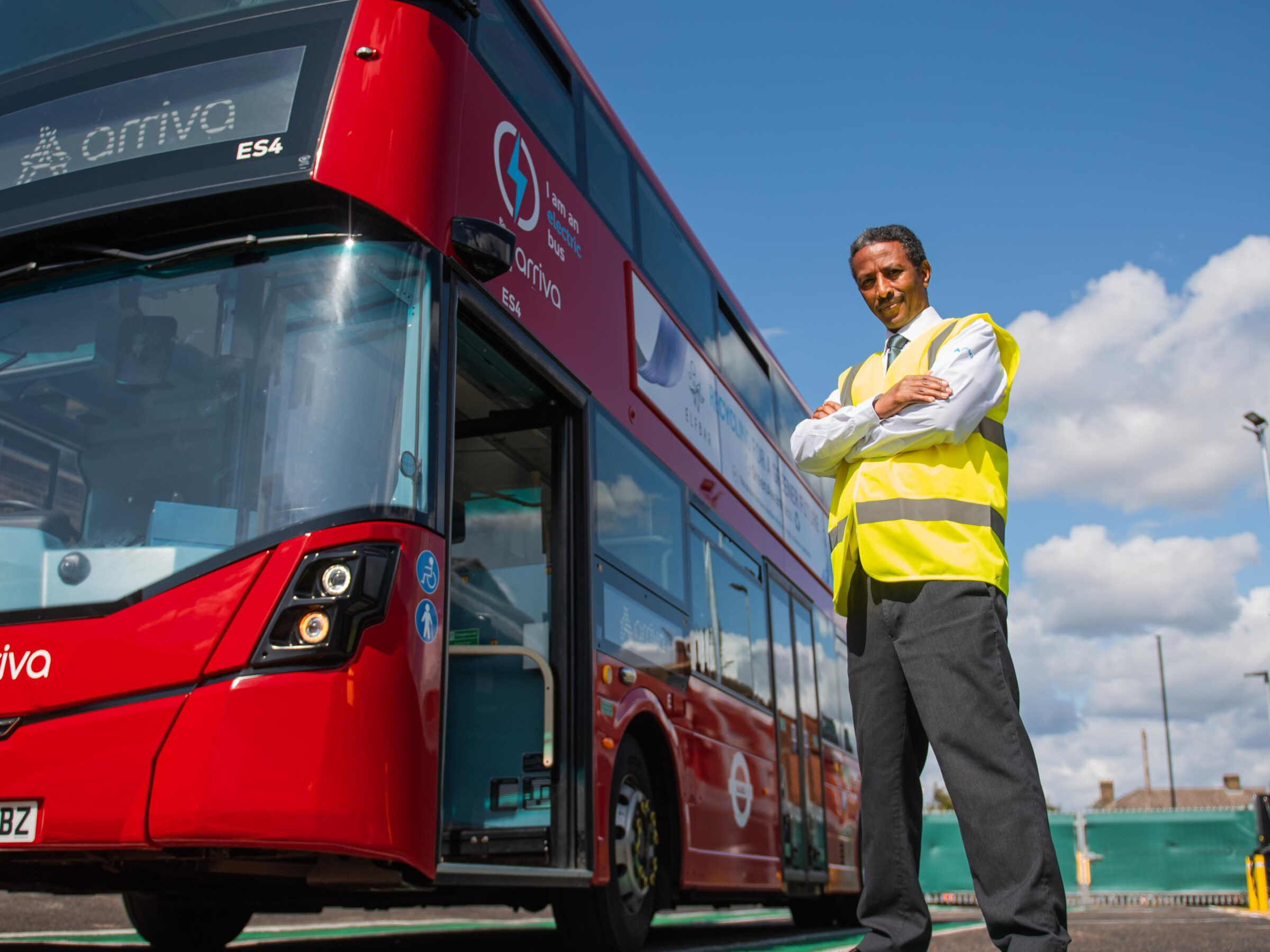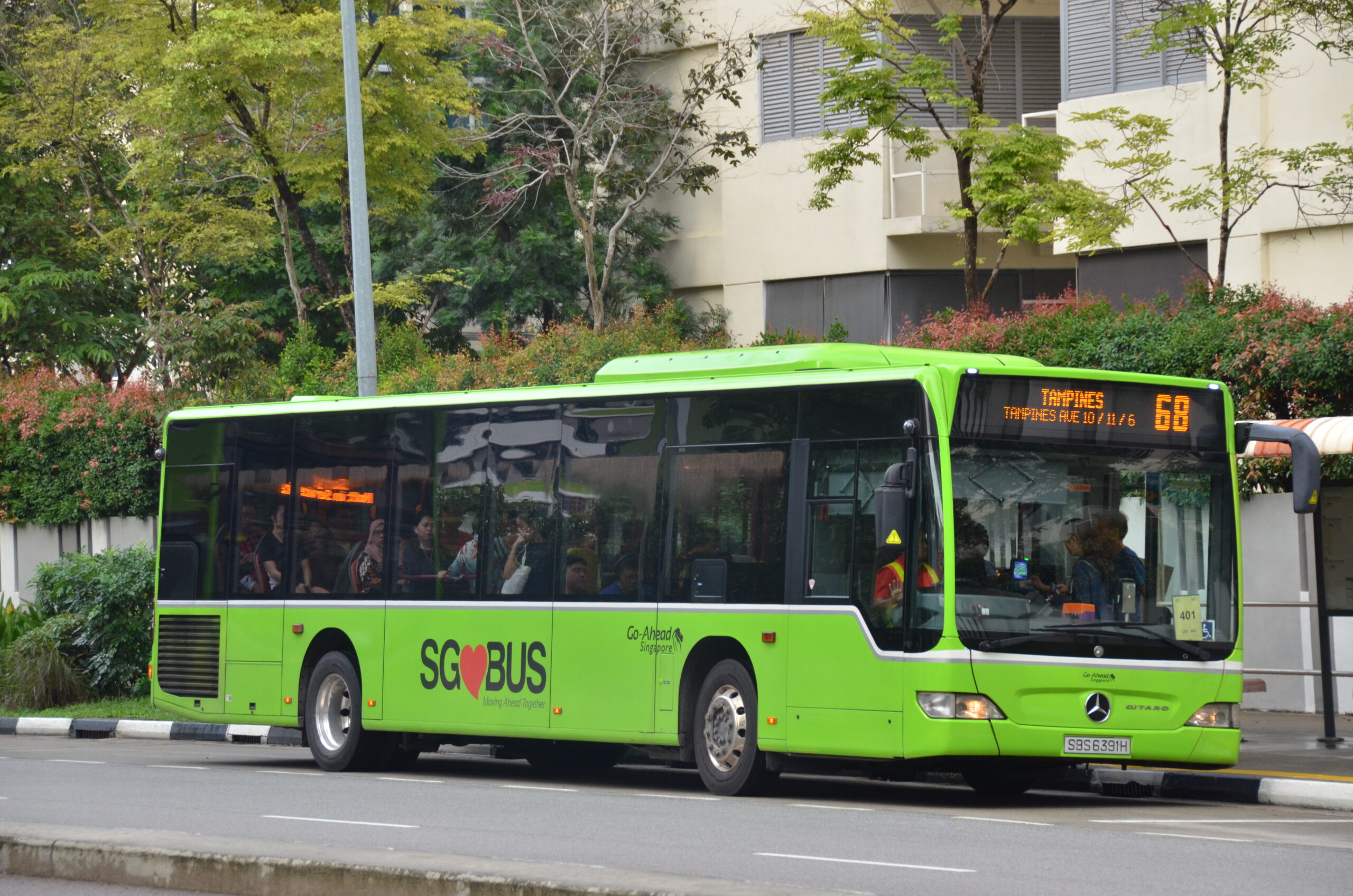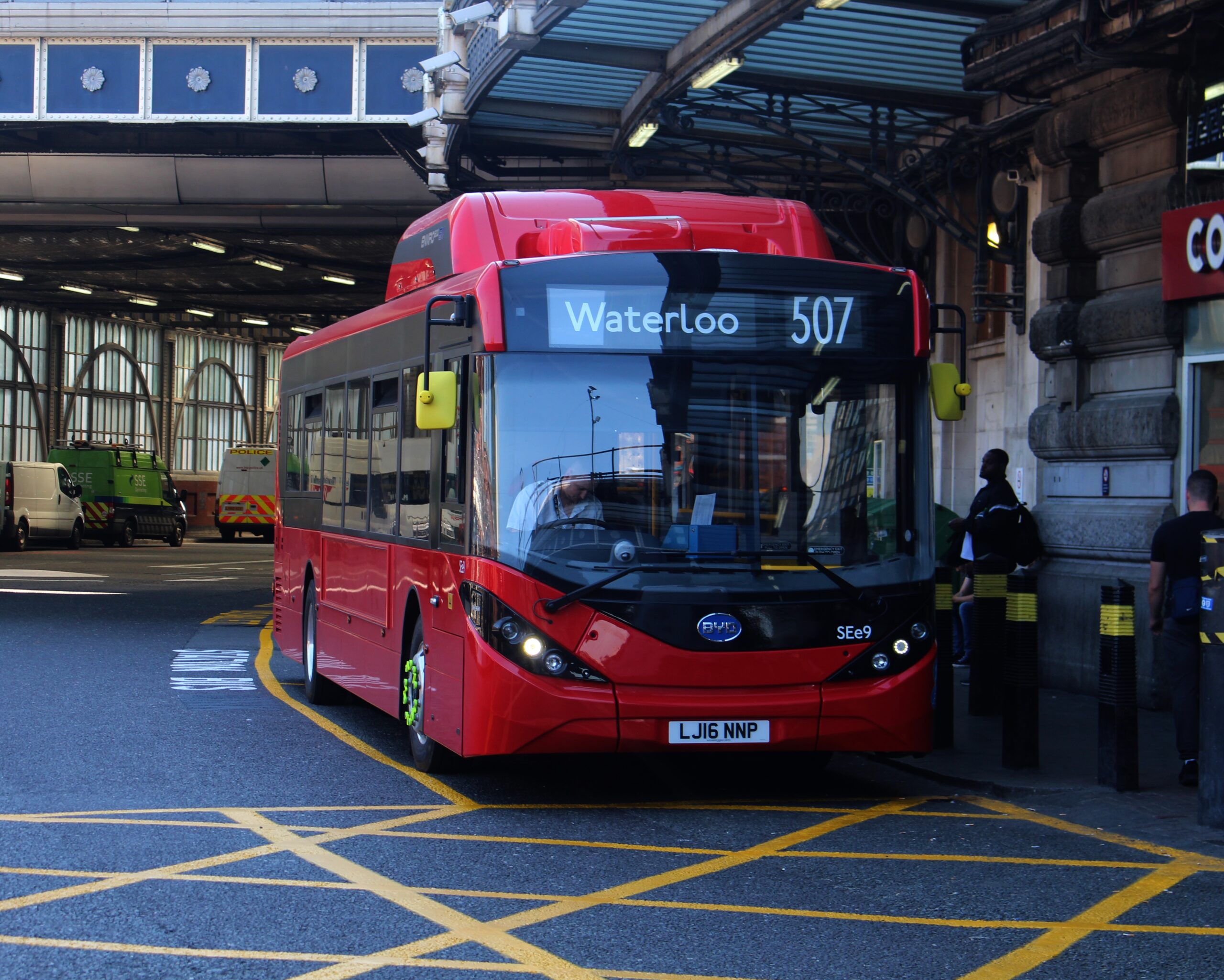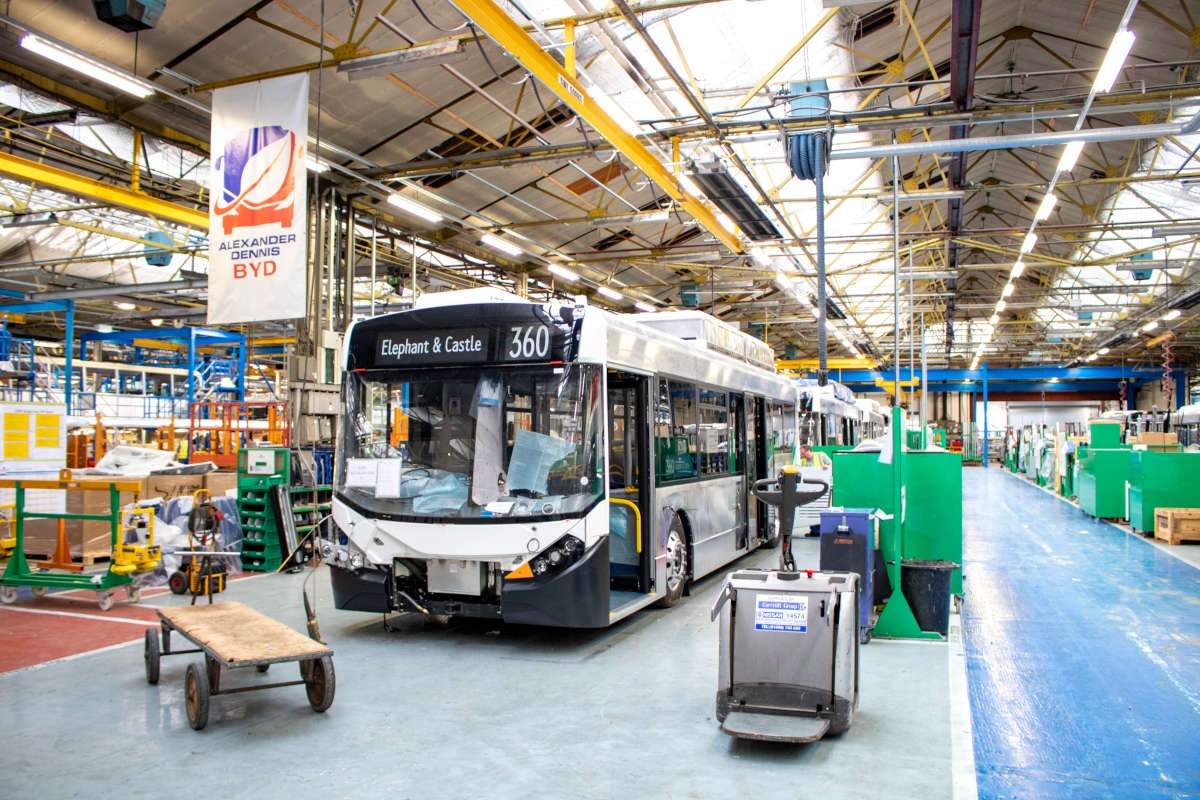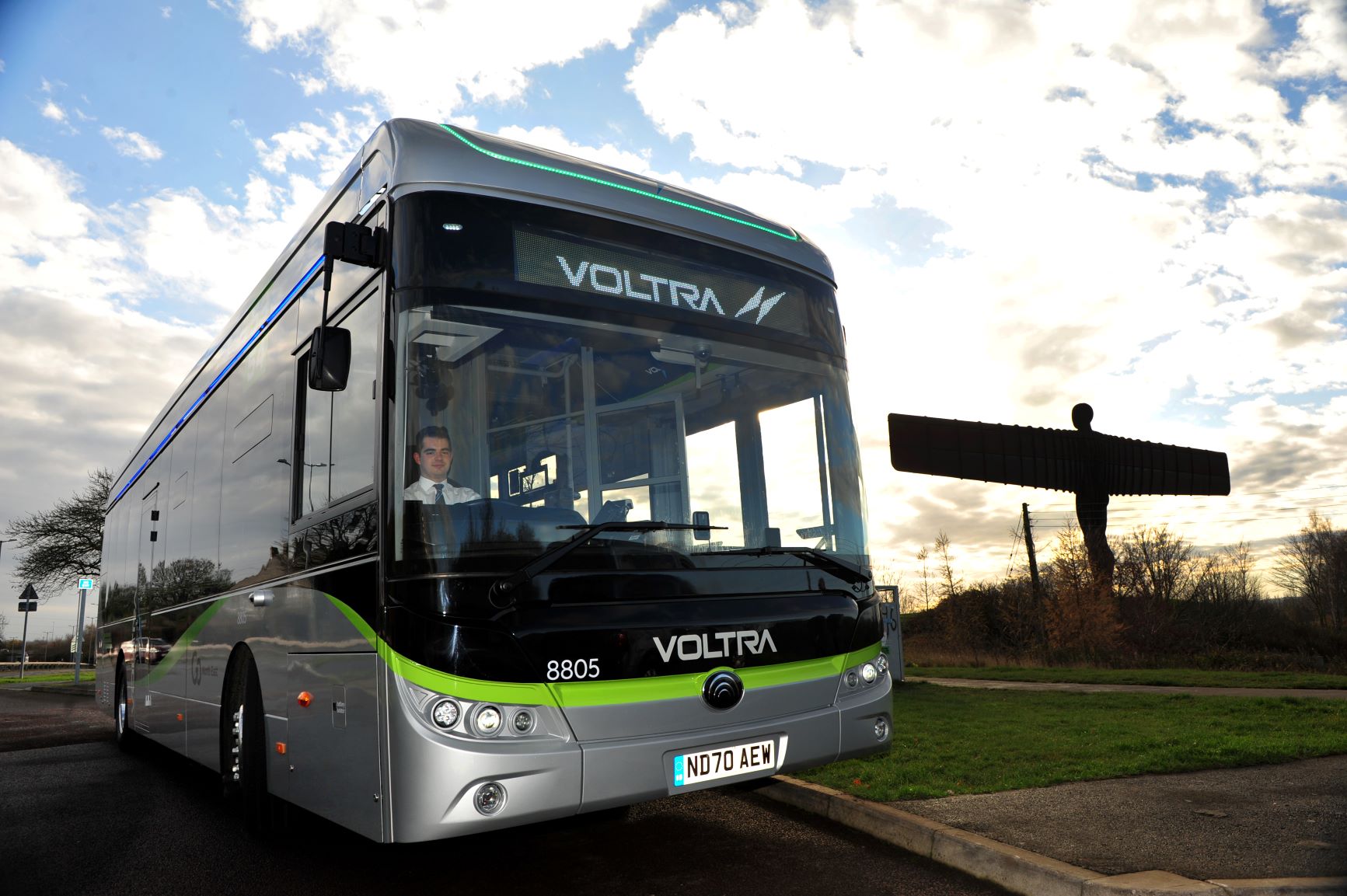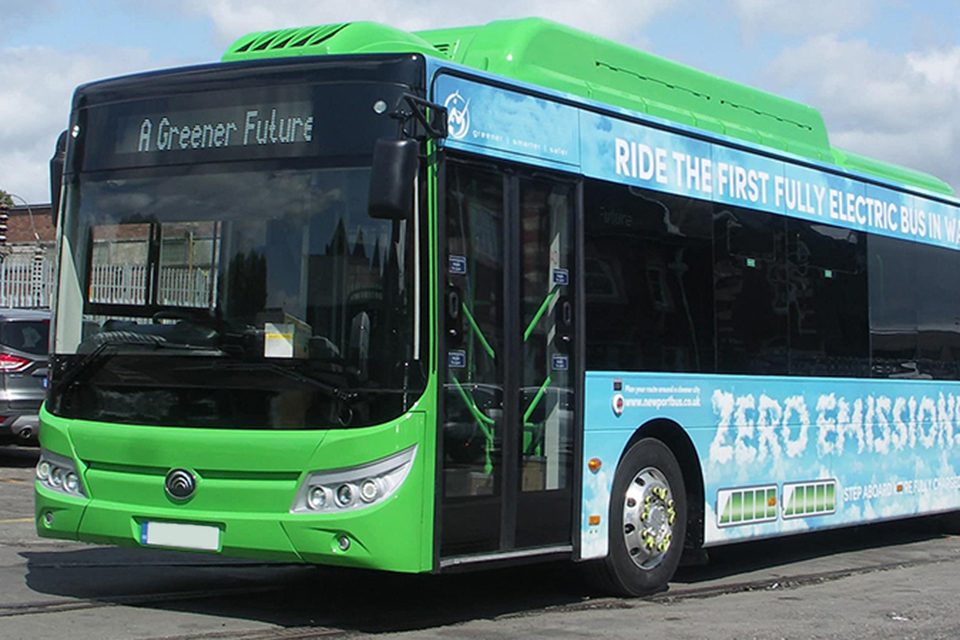Banque des Territoires and EIB Launch the Clean Buses Platform, an Innovative Investment Programme Dedicated to Greening Bus Fleets
The European Investment Bank (EIB) and Banque des Territoires will each invest €100 million in an investment platform to finance the energy transition of bus fleets across France. Managed by Banque des Territoires, this platform will offer innovative financing to local and urban mobility authorities looking to green their bus fleets to reduce their climate impact. The Clean Buses Platform is part of Caisse des Dépôts’ recovery plan and environmental transition efforts. The EIB’s investment is guaranteed by the European Fund for Strategic Investments (EFSI), the central pillar of the Investment Plan for Europe.
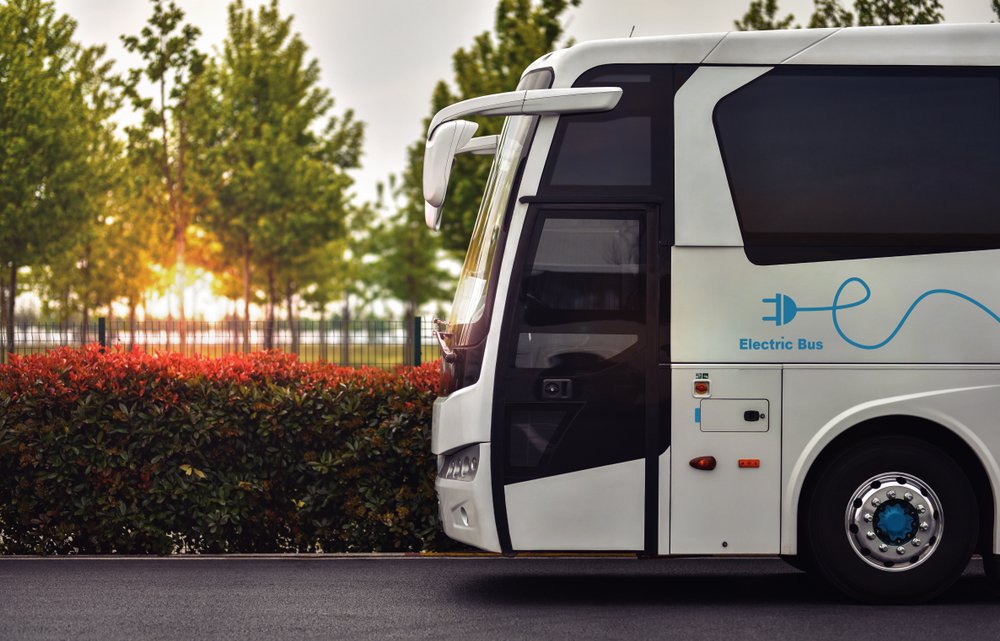
Caisse des Dépôts CEO Eric Lombard and EIB Vice-President Ambroise Fayolle have signed an agreement to set up a shared Clean Buses Platform.
Caisse des Dépôts CEO, Eric Lombard, said:We welcome the creation of a new co-investment platform with the EIB that relates to one of the core themes of Banque des Territoires’ Climate Plan. The contingent bonds offered through this platform respond to one of the major challenges of the energy transition for local authorities in their efforts for more sustainable everyday mobility.
This platform is the result of cooperation between the two institutions, which began in 2013. The platform will be endowed with €200 million (half provided by Banque des Territoires and the other half by the EIB) and operationally managed by the investment management teams at Banque des Territoires. The EIB funds will be guaranteed by EFSI, the central pillar of the Investment Plan for Europe.
This initiative reaffirms the commitment of Banque des Territoires and the EIB to the European Green Deal, which aims to make the European Union the first greenhouse gas-neutral economy by 2050. The operation is fully in line with the goal of supporting the greening of mobility, a major pillar of Banque des Territoires’ Climate Plan and recovery strategy.
EIB Vice-President, Ambroise Fayolle, said:As the EU climate bank, the EIB is delighted with the creation of this innovative platform in partnership with Caisse des Dépôts. The transition to a low-carbon economy will play out at the local level and in the day-to-day lives of the French people. Financing and supporting local authorities in their sustainable transport projects is done with a single objective in mind – to make the European Union the first greenhouse gas-neutral economy by 2050.
The aim of the platform is to support beneficiaries (mainly local and urban mobility authorities) in greening their bus fleets – in particular through electric buses – by offering an innovative financing solution in the form of contingent bonds. This instrument finances up to 100% of the eligible project costs (purchase cost of buses and associated charging infrastructure) and offers beneficiaries a capped interest rate that fluctuates inversely with changes in electricity prices. This will enable beneficiaries to fully or partially mitigate the risk associated with changes in electricity prices on electric bus energy charges, which is key to the overall economic viability of greening a bus fleet.
The platform thus offers beneficiaries an innovative financing solution that is closely linked to the economic and operational conditions of the financed asset and to the financial constraints of the beneficiary (amount financed, maturity of the loan applied for, amortisation profile) to enable them to control the overall cost of purchasing a fleet of clean buses as effectively as possible.
European Commissioner for Economy, Paolo Gentiloni, said:This agreement is good news for the greening and modernisation of public transport systems in France. With the support of the Investment Plan for Europe, €200 million will be made available through a new platform that offers flexible financing solutions for local authorities to make their bus fleets more sustainable. The main focus will be on electric vehicles and charging stations, contributing to our target of climate neutrality by 2050.
This article was originally published by the European Investment Bank.












